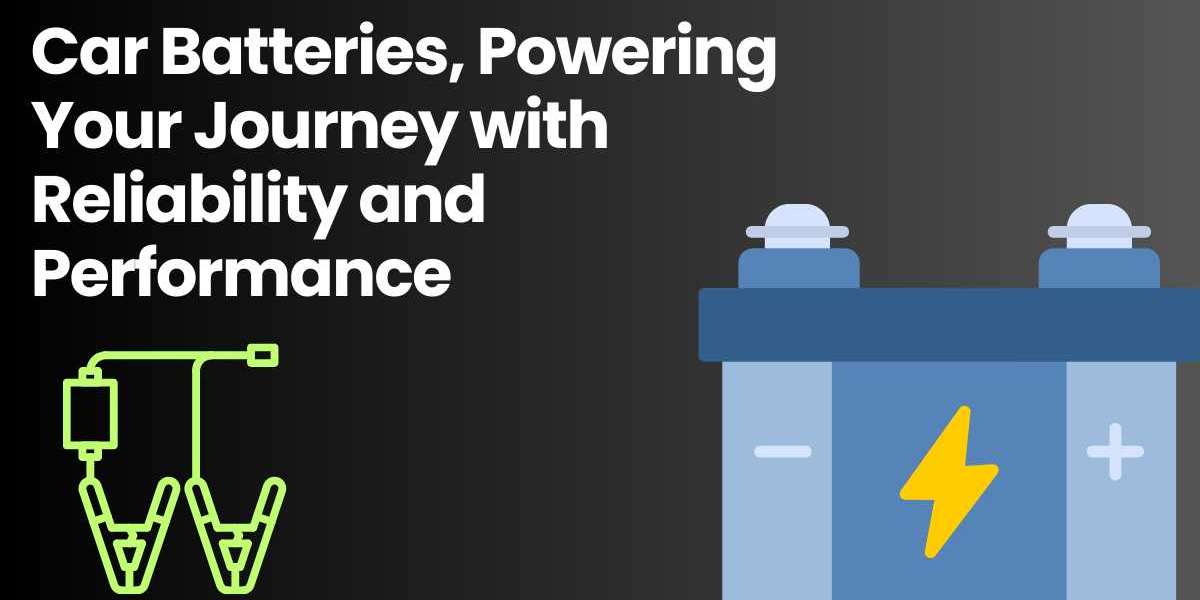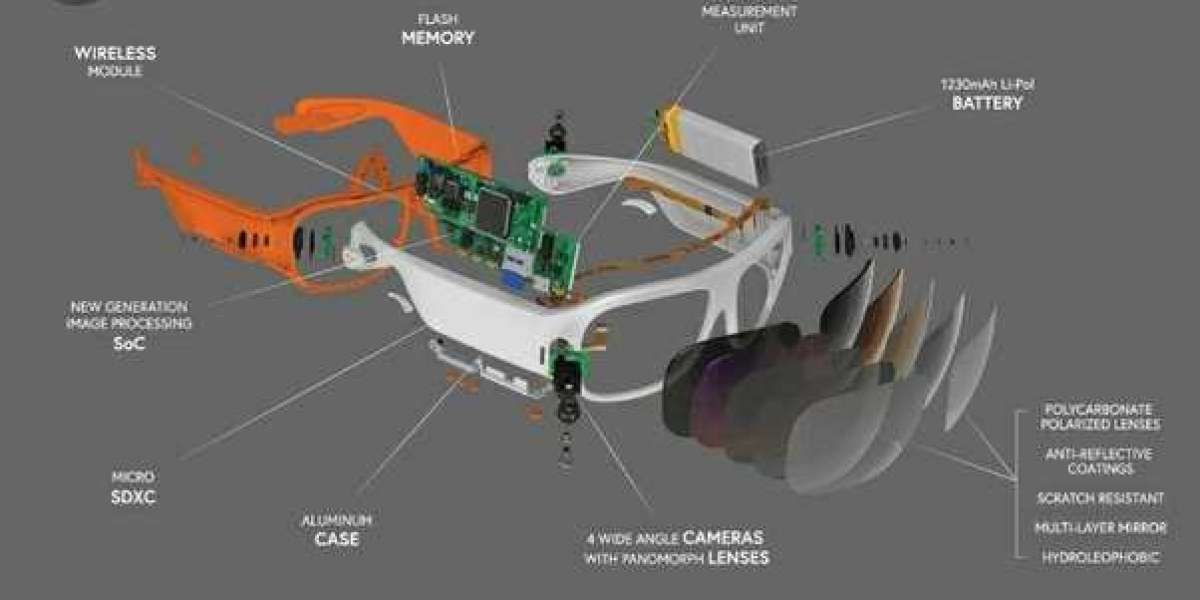Car batteries are an essential component of any vehicle, providing the necessary power to start the engine and run electrical systems. Understanding how car batteries work, how to maintain them, and what to look for when purchasing a new one can save you from unexpected breakdowns and ensure your vehicle operates smoothly.
What are Car Batteries?
Car batteries are rechargeable energy storage devices that convert chemical energy into electrical energy. This electrical energy is used to start the car's engine and power electrical components like lights, radio, and air conditioning. The most common type of car battery is the lead-acid battery, which has been in use for over a century due to its reliability and affordability.
How Do Car Batteries Work?
Car batteries consist of six cells, each containing a positive and negative plate submerged in an electrolyte solution of sulfuric acid and water. When the battery is connected to the vehicle's electrical system, a chemical reaction occurs between the plates and the electrolyte, producing electrical energy. This energy is delivered to the starter motor to crank the engine and power the vehicle's electrical systems.
The Importance of Battery Capacity and Cold Cranking Amps (CCA)
Two critical specifications to consider when choosing a car battery are its capacity and cold cranking amps (CCA). Capacity, measured in ampere-hours (Ah), indicates how much electrical charge the battery can store. A higher capacity means the battery can power the car's electrical systems for a more extended period without recharging.
Cold Cranking Amps (CCA) measure the battery's ability to start an engine in cold temperatures. Higher CCA values indicate better performance in low temperatures, which is crucial for reliable starts in winter conditions.
Types of Car Batteries
There are several types of car batteries available, each with its own advantages and disadvantages:
Lead-Acid Batteries: The most common type, lead-acid batteries, are reliable and cost-effective. They are further divided into two subtypes:
- Flooded (Wet) Cell Batteries: These have removable caps for adding water and require regular maintenance.
- Sealed (Maintenance-Free) Batteries: These do not require water additions and are easier to maintain.
AGM (Absorbent Glass Mat) Batteries: These are a type of sealed lead-acid battery that offers better performance and a longer lifespan. AGM batteries are more resistant to vibration and can handle more charge/discharge cycles.
Lithium-Ion Batteries: Known for their lightweight and high energy density, lithium-ion batteries are increasingly popular in electric and hybrid vehicles. They offer a longer lifespan but come at a higher cost.
Signs Your Car Battery Needs Replacement
Knowing when to replace your car battery can prevent inconvenient breakdowns. Common signs that your battery may be failing include:
- Slow Engine Crank: If your engine is slow to start, it may indicate a weak battery.
- Dashboard Warning Light: A battery warning light on your dashboard is a clear sign of a potential issue.
- Swollen Battery Case: Excessive heat can cause the battery case to swell, indicating the need for a replacement.
- Corroded Terminals: Corrosion around the battery terminals can lead to poor electrical connections.
- Old Age: Most car batteries last between 3 to 5 years. If your battery is older, it may be time for a replacement.
How to Maintain Your Car Battery
Proper maintenance can extend the life of your car battery and ensure reliable performance. Here are some tips for keeping your battery in good condition:
Regular Inspections: Check the battery terminals for corrosion and clean them with a mixture of baking soda and water if necessary.
Secure the Battery: Ensure the battery is securely mounted to prevent vibration, which can cause internal damage.
Limit Short Trips: Frequent short trips prevent the battery from fully charging. Try to combine errands to give the battery time to recharge.
Turn Off Electrical Components: Turn off lights, radio, and air conditioning before shutting off the engine to avoid draining the battery.
Keep the Battery Charged: If your vehicle is not used for extended periods, use a battery maintainer to keep it charged.
Choosing the Right Car Battery
When it's time to replace your car battery, consider the following factors to ensure you select the right one:
Battery Size: Car batteries come in various sizes, so choose one that fits your vehicle's battery tray. Consult your owner's manual or ask a professional for guidance.
Reserve Capacity (RC): This indicates how long the battery can power the vehicle's electrical systems if the alternator fails. A higher RC means more extended backup power.
Brand Reputation: Opt for a reputable brand known for producing reliable and durable batteries.
Warranty: Look for a battery with a good warranty that covers you in case of defects or premature failure.
The Future of Car Batteries
As technology advances, so does the development of car batteries. Researchers are exploring new materials and designs to improve battery performance, lifespan, and environmental impact. Some promising advancements include:
Solid-State Batteries: These batteries use solid electrolytes instead of liquid, offering higher energy density, faster charging times, and improved safety.
Recycling and Sustainability: Efforts are being made to improve the recycling of old car batteries and develop more sustainable manufacturing processes.
Integration with Renewable Energy: Future car batteries may be designed to integrate with renewable energy sources, allowing vehicles to store and use solar or wind energy.
Conclusion
Car batteries are a vital component of your vehicle, providing the power needed to start the engine and run electrical systems. Understanding the different types of car batteries, how they work, and how to maintain them can help you make informed decisions and avoid unexpected breakdowns. By choosing the right battery and following proper maintenance practices, you can ensure reliable performance and extend the life of your car battery.








